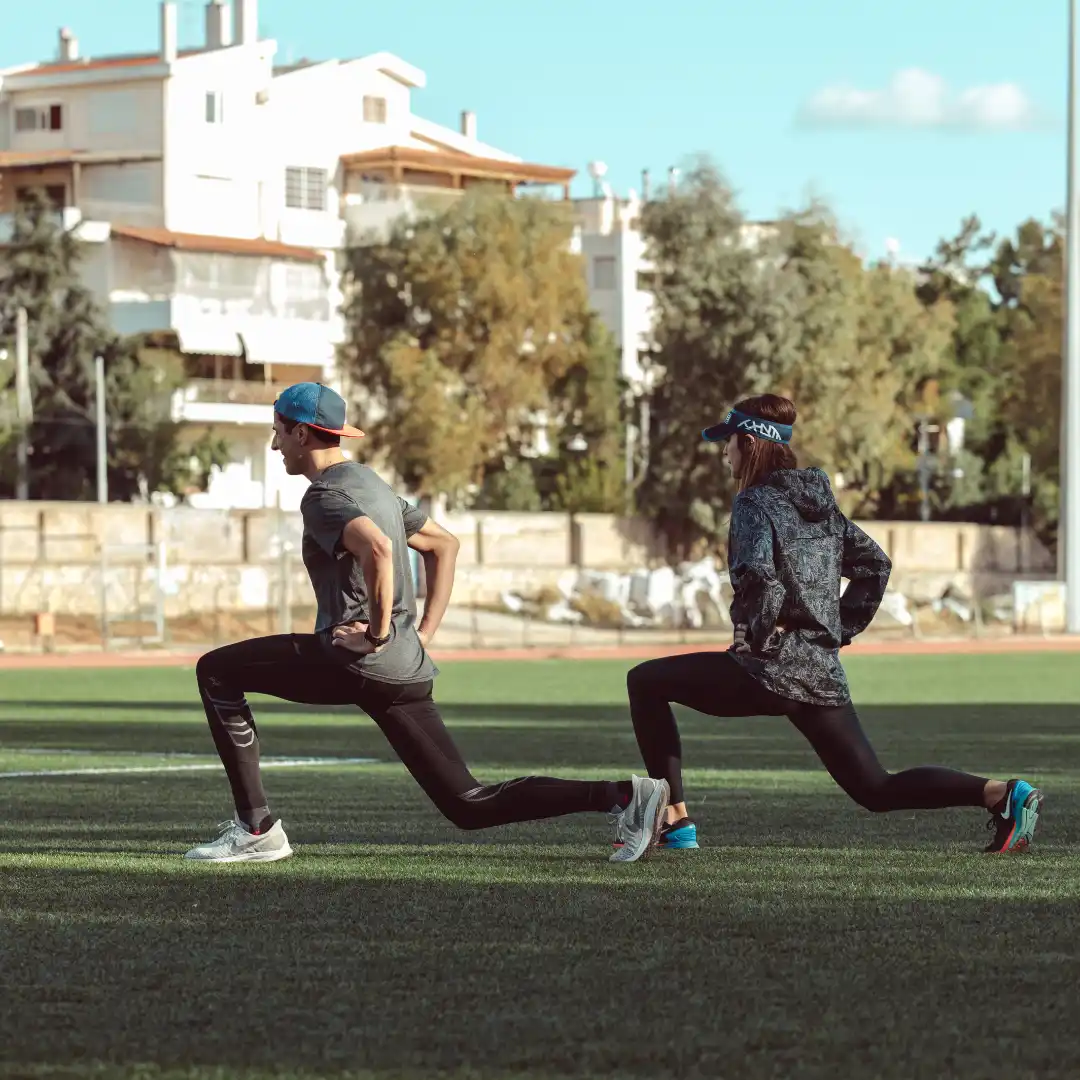By Matina Noula, Clinical Psychologist specializing in sports psychology and middle/long distance athlete
A protein-rich diet, combined with the right training plan and positive psychology, is the “key” to maximizing sports performance. Proper nutrition contributes to better athletic performance and psychology, which is why it is of the utmost importance.
WHAT IS THE IMPORTANCE OF PROTEIN IN AN ATHLETE’S NUTRITION?
Protein is the main structural element of all the cells of the body and is essential in sports nutrition as it participates in the strengthening of the immune system and the rapid recovery of muscle tissue. However, the protein needs of athletes are increased due to the high training requirements and overall demanding everyday life. Thus, adequate coverage of daily protein needs is considered essential to maximize sports performance.
WHAT IS THE IMPORTANCE OF PROTEIN IN THE PSYCHOLOGY OF THE ATHLETE?
Protein, in addition to strengthening and restoring the body, helps to maximize sports performance by improving psychology, as its intake increases the hormones of serotonin (calmness, pleasure) and dopamine (concentration, vigilance). The production of serotonin is based on an amino acid, tryptophan, obtained from a diet sufficient in protein since the body does not synthesize it by itself. Serotonin deficiency is the key factor in low, depressed mood, as well as increased anxiety.
Dopamine on the other hand, which is also increased by a protein-rich diet, plays a role in pleasure, positive mood, attention, and of course reward. Low dopamine levels are associated with apathy, reduced concentration, low energy, and a lack of purpose. Increased dopamine is a hallmark of high performance.
At the same time, protein helps maintain low blood sugar levels, which has a positive impact on physiology and psychology, as maintaining stable blood glucose levels has been associated with positive mood, critical thinking, and fewer fluctuations in performance. Therefore, a diet rich in protein leads to positive psychology and defense against anxiety and depression
HOW DOES POSITIVE PSYCHOLOGY AFFECT SPORTS PERFORMANCE?
High-level sport is a demanding process that requires constant effort and hard work, as well as a positive attitude towards difficulties, removing negative thoughts and stress, in order to build mental resilience and endurance. The mental component is as important as physical and nutritional preparation. Therefore, good psychology during the preparation and especially on the day of the match/race can be the catalyst between a new personal best or disappointing performance.
Emotions significantly influence thinking and consequently behavior and athletic performance. It is not the situation itself that is the problem, but what you think about it. There are no stressful and scary situations, only what we think about them can make them scary. Do not fill your mind with negative thoughts, as they undoubtedly inhibit action and reduce performance. Positive self-talk is a trick that helps focus, increases serotonin and dopamine levels, and reduces negative thoughts, thus contributing to increased performance.
Just as a strong body needs the right nutrients to achieve peak performance, the mind needs the right fuel to perform at its best. Adequate protein intake supplies the body with the necessary ingredients and the mind with energy and thoughts of success!
SOURCES
BaniAsadi, T. A. Y. E. B. E. H., & Salehian, M. H. (2021). The effect of psychological well-being on athletic performance of professional athletes. Pakistan Journal of Medical & Health Sciences, 15(5), 1680-1682.
Choi, S., DiSilvio, B., Fernstrom, M. H., & Fernstrom, J. D. (2009). Meal ingestion, amino acids and brain neurotransmitters: effects of dietary protein source on serotonin and catecholamine synthesis rates. Physiology & behavior, 98(1-2), 156-162.
Franz, M. J. (1997). Protein: metabolism and effect on blood glucose levels. The diabetes educator, 23(6), 643-651.
Gómez-Pinilla, F. (2008). Brain foods: the effects of nutrients on brain function. Nature reviews neuroscience, 9(7), 568-578.
Hatzigeorgiadis, A., Zourbanos, N., Galanis, E., & Theodorakis, Y. (2011). Self-talk and sports performance: A meta-analysis. Perspectives on Psychological Science, 6(4), 348-356.
Janelle, C. M., Fawver, B. J., & Beatty, G. F. (2020). Emotion and sport performance. Handbook of sport psychology, 254-298.
Lemon, P. W., & Proctor, D. N. (1991). Protein intake and athletic performance. Sports Medicine, 12, 313-325.
Mann, A., & Narula, B. (2017). Positive psychology in sports: An overview. International Journal of Social Sciences, 6(2), 153-158.
Tamminen, K. A., & Dunn, R. How do emotions affect sports performance?
